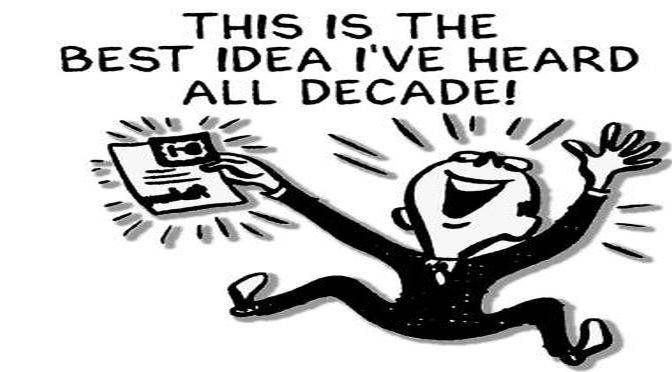This post was first published on 23rd April, 2014.
An idea may be defined as a thought, which cannot be seen, touched or heard. In other words, an idea is entirely intangible in nature. Ideas can be kept secret or commercially exploited, but to gain protection, they need to satisfy the threshold of originality and novelty. Even though ideas act as catalysts for various Intellectual Property protections, by themselves, they are not qualified to obtain protection. Since an idea, taken at face value, does not fulfill the requirements of protection, it allows more than one person to create work (tangible) based on the same idea. Infringement occurs only when an expression of an idea by one person is copied by another.
A long standing principle is that Copyright Laws protect the expression of ideas and Patent Laws protect inventions. Both these tools that protect ideas necessitate the idea to take a material form or a fixed embodiment. Unless an idea, regardless of how good or bad it is, is expressed in a tangible form, it cannot be protected. In other words, expressions are what qualify protection under the Copyright Law.
So, how then, are ideas that do not meet this requirement, protected?
The answer to this question is of great significance, especially in the Entertainment industry, where ‘idea theft’ has become almost pandemic, thus becoming a serious cause for concern. Many authors/writers have frequently fallen prey to idea theft, when their ideas, rejected for television or movie purposes, resurface as actual programmes or productions at a later time. Unless the owners of these original ideas disclose their creative insights, with a binding agreement or have these ideas registered with the right associations, like the ‘writers associations’, they are bound to have hard time proving their authority over their creation.
View BananaIP’s Entertainment Law services.



